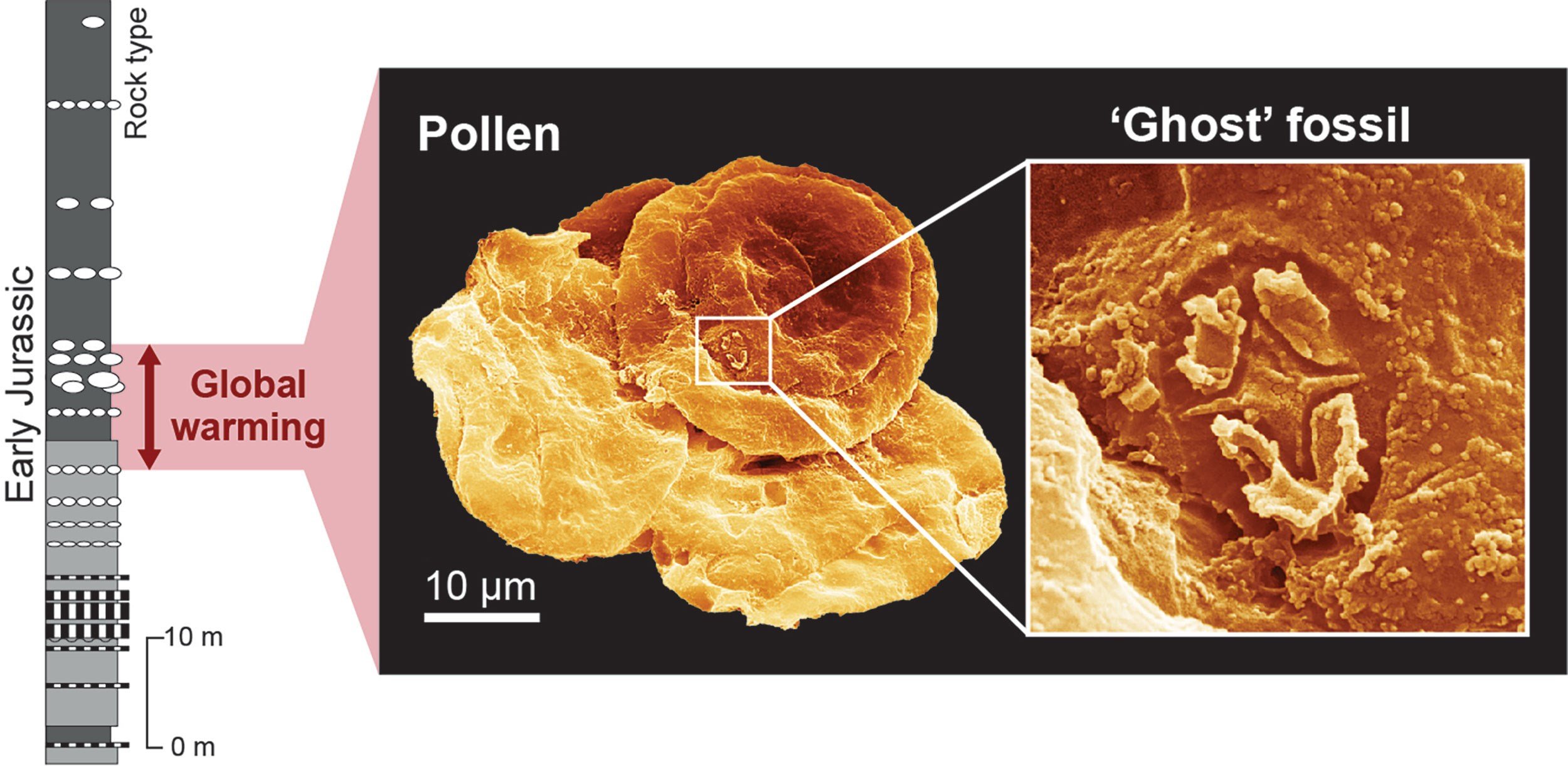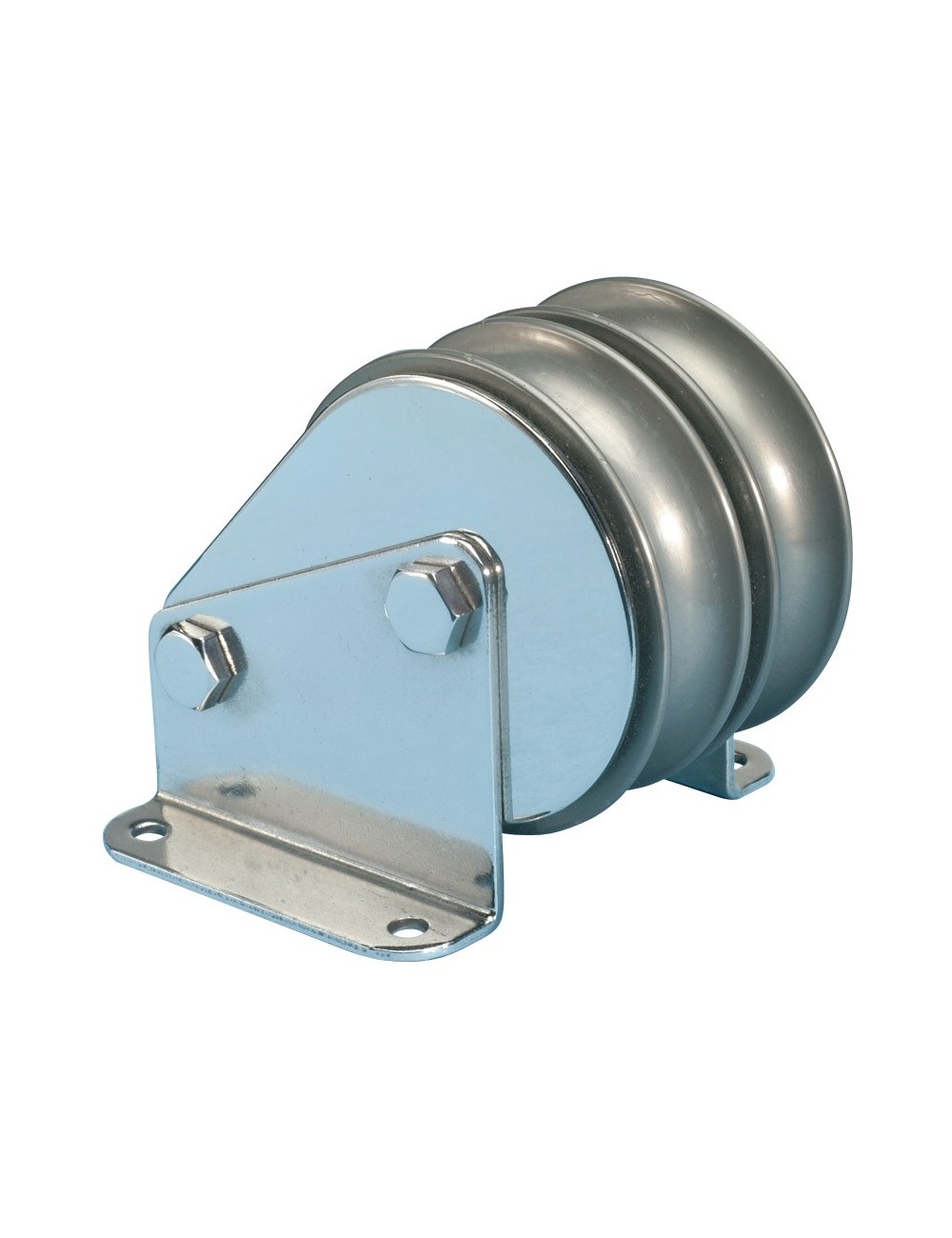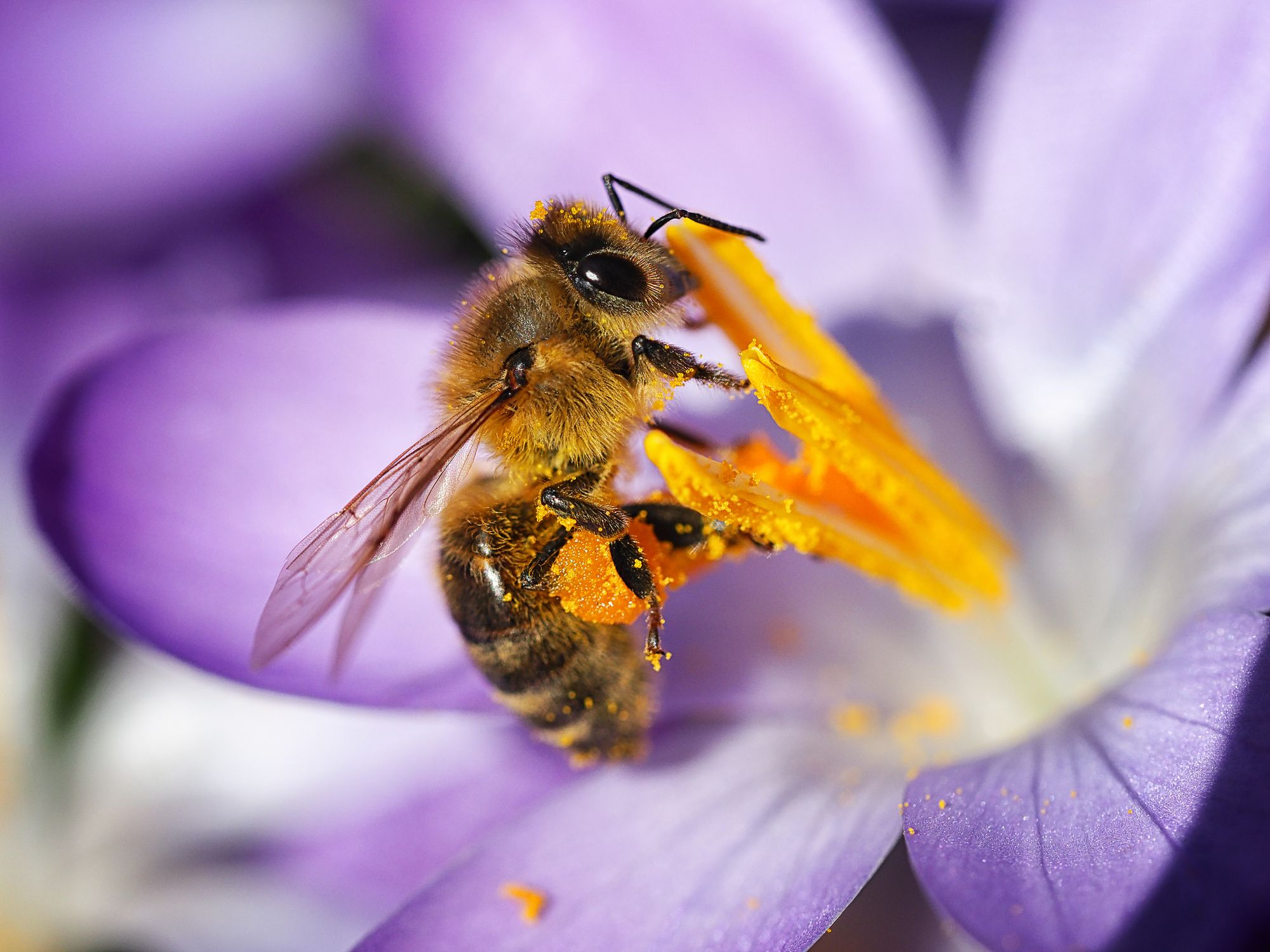Tiny Fossils, Big Insight; How We Can Use Fossil Pollen to Understand Earth's Climate History, Smithsonian Voices
:focal(462x464:463x465)/https://tf-cmsv2-smithsonianmag-media.s3.amazonaws.com/blogging/featured/Pollen_2_SEM.jpg)
As a palynologist, I study microscopic fossil spores and pollen that were produced by plants for reproduction. Pollen is highly important to the future of every plant and is made of an incredibly resilient substance (sporopollenin) ensuring that pollen can be preserved in rocks for hundreds of millions of years.

Review: Biogeographic and environmental history of Fagus and beech

Extinct Monsters EXTINCT MONSTERS

American Archaeology Magazine, Spring 2014
About the Book Telling time and counting money are two concepts that are often linked together because they pretty much encourage the same set of math

Fun Fossils! - Everything You Could Want to Know about the History Laying Beneath Our Feet. Earth Science for Kids. - Children's Earth Sciences Books

Scientists discover 'ghost' fossils beneath a microscope - KAKE
/https://tf-cmsv2-smithsonianmag-media.s3.amazonaws.com/filer_public/34/3c/343c92e9-a6b6-4635-b8df-e24f844f530f/ark__65665_m31e3c22acec8d44349e8e2829bef2fe27.jpg)
Ancient Pollen Offers Clues to How Plants Adapted to Climate

What Fossil Plants Reveal About Climate Change

Stones and Bones: Studying the Fossil Record – Explorations: An
/https://tf-cmsv2-smithsonianmag-media.s3.amazonaws.com/blogging/featured/People_at_a_counter_topped_with_taxidermied_birds..jpg)
Smithsonian Voices Smithsonian Magazine








:max_bytes(150000):strip_icc()/what-is-fennel-pollen-0522-6fb2cef9336542f49bd5f975a297d04a.jpg)